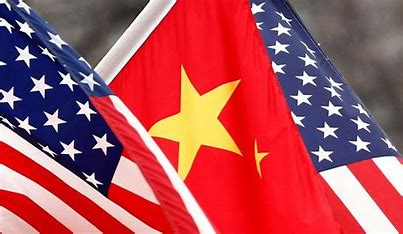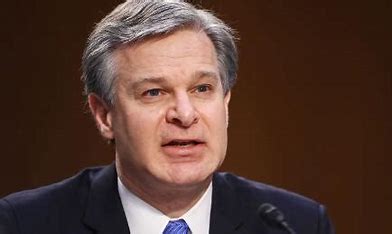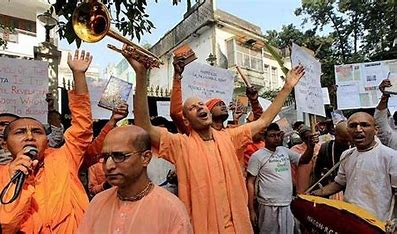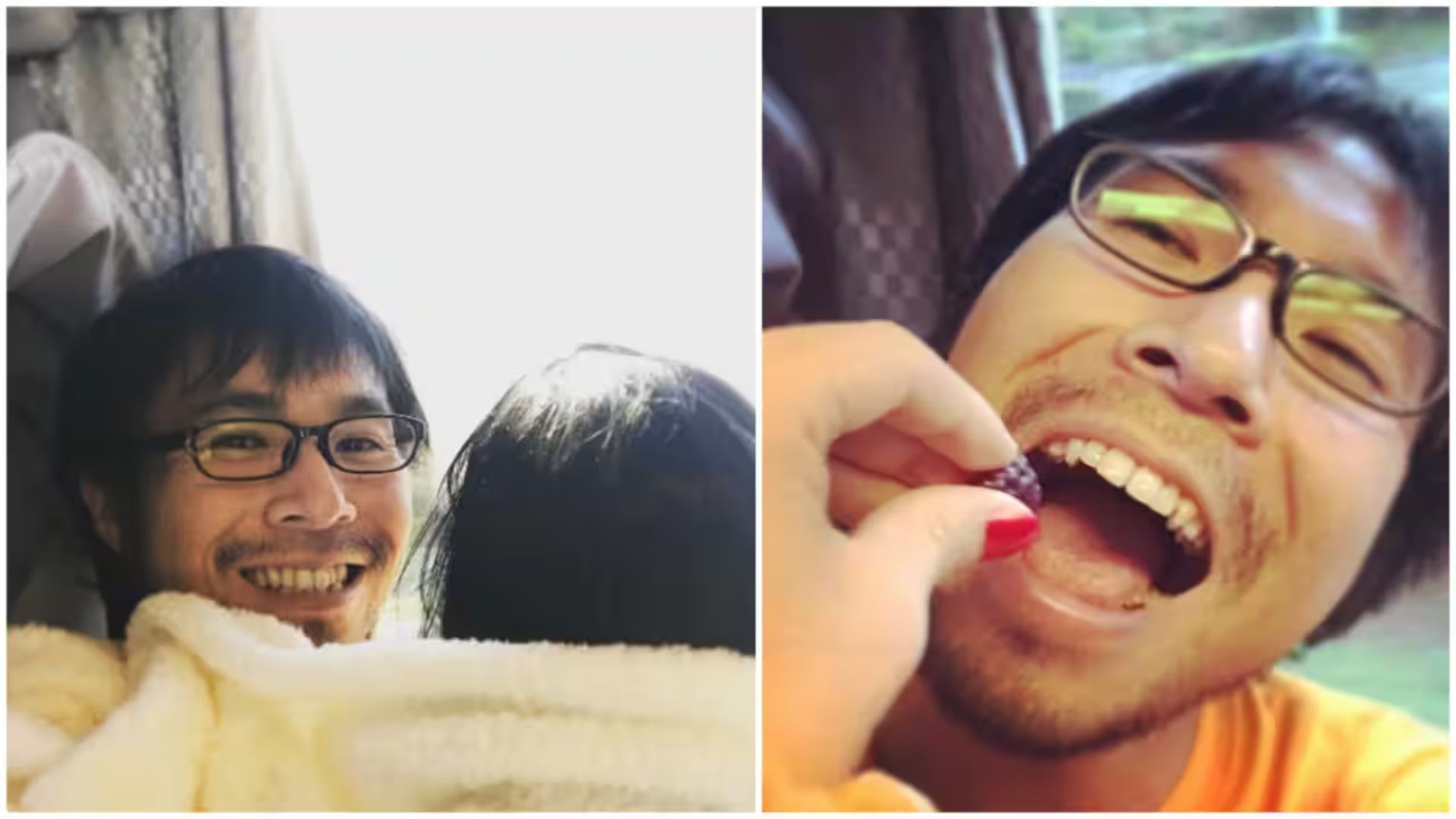


In a significant escalation of tensions, China has imposed visa restrictions on US officials accused of interfering in Hong Kong’s internal affairs. The move comes in response to Washington’s earlier sanctions on Hong Kong officials.
Mao Ning, spokesperson for China’s Foreign Ministry, accused the US of “violently interfering in China’s internal matters” and announced that the decision was grounded in China’s foreign relations law and its law on countering foreign sanctions.
Emphasizing Hong Kong’s status as part of China, Mao reiterated Beijing’s position:
“Hong Kong is China’s Hong Kong, and Hong Kong affairs are purely China’s internal matters. We urge the US to respect China’s sovereignty and the rule of law in Hong Kong.”
This statement follows the US sanctions last month against Hong Kong officials, citing their role in sentencing 45 pro-democracy advocates to prison for their peaceful political activities.
The US Department of State condemned the sentencing, calling it a severe infringement on freedoms protected under Hong Kong’s Basic Law. State Department spokesperson Matthew Miller highlighted that many of the defendants were subjected to life-altering imprisonment for peaceful participation in political activities.
The sentences ranged from four years and two months to ten years, sparking global criticism from human rights advocates.
Hong Kong’s government dismissed the US accusations, accusing foreign governments of ignoring the facts and making exaggerated claims about the high-profile case. Officials reiterated that the legal proceedings were conducted in accordance with Hong Kong’s laws.
This tit-for-tat action reflects deepening tensions between the two nations, particularly over issues of human rights and sovereignty. China’s visa restrictions signal its determination to counter foreign interference in what it deems internal matters, while the US maintains its stance on defending democratic freedoms in Hong Kong.
As diplomatic strains grow, both sides remain steadfast in their respective positions, underscoring the challenges of fostering constructive dialogue.















